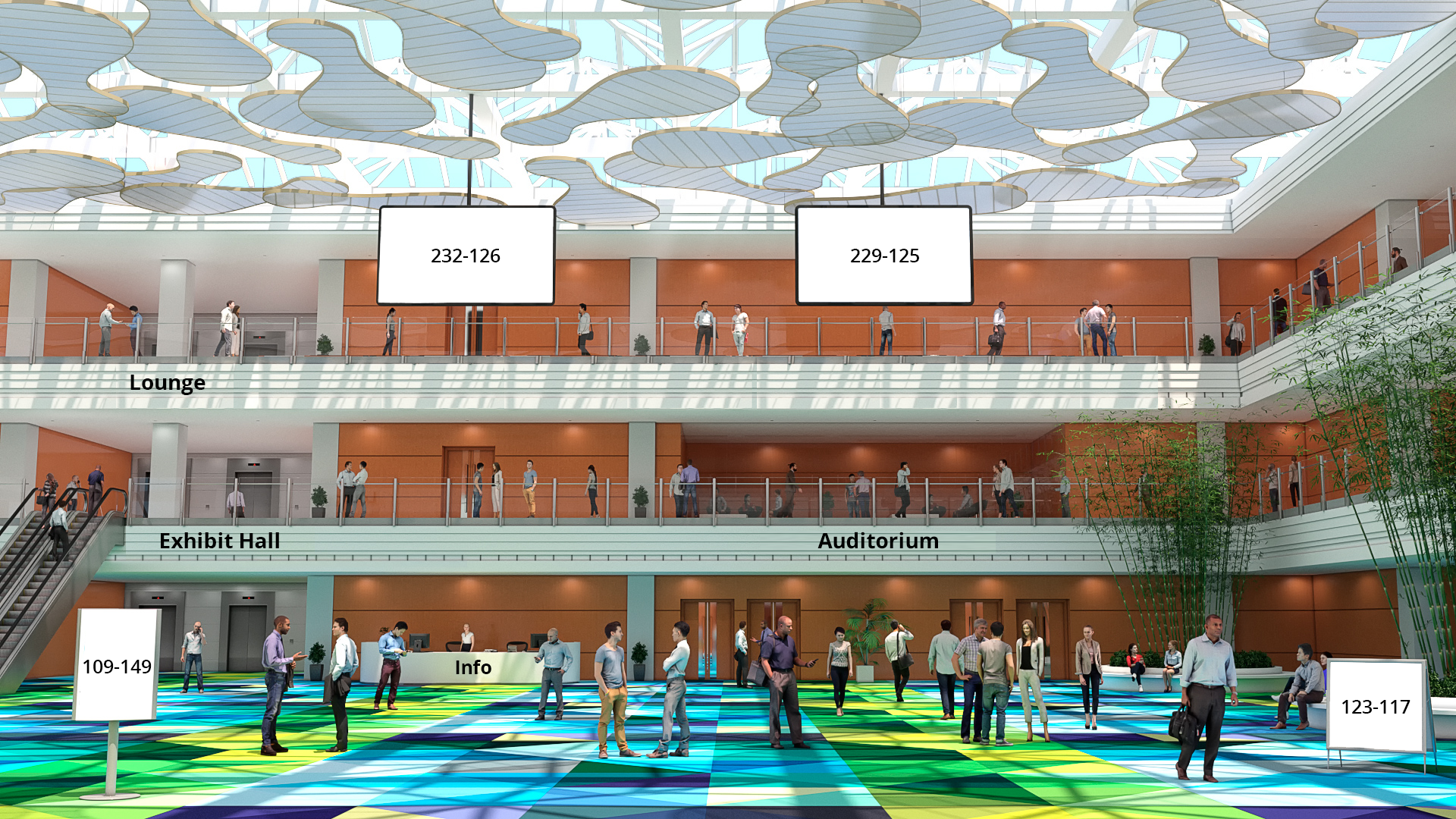

“It’s incredibly exciting to support Pakistan’s giant leap toward a sustainable, carbon-neutral future,” said Najeeb Ahmed, Country Managing Director Hitachi ABB Power Grids in Pakistan. He added, “The project will bring more visibility and control to NTDC’s operations, enhancing system stability and curtailing system collapse and blackouts incidents in future.” “This hallmark project for NTDC, financed by Asian Development Bank (ADB), will open new horizons through automation and sustainable international best practices to achieve a safe and reliable grid,” said Engr. The company owns 220kV and 500kV grid stations and transmission lines and is preparing to welcome ultra-high voltage (765kV) and high voltage direct current (HVDC) technology. NTDC is backbone of the national power system in Pakistan and is the country’s largest transmission company. It will also enable secure data transmission and increased protection from cyber threats through tele-protection and near real-time encryption of operational data and signals.Īfter the unbundling of WAPDA, NTDC was incorporated as a public limited company in November 1998. This will help to ensure always-on connectivity and prevent outages resulting from disruptions in the communication network. The project will also involve the installation of a new mission-critical communication network with a fiberoptic foundation and featuring a microwave network as back-up.

The system will connect the control centers with all the power plants and grid stations that are not currently monitored in real-time and will help build capacity for future stations and remote ends.

To achieve this, the project team will deploy a SCADA Energy Management System (EMS) at NTDC’s national control center in Islamabad and at the back-up control center in Jamshoro. The deployment of Hitachi ABB Power Grids’ industry-leading supervisory control and data acquisition (SCADA) application, Network Manager, with its energy management and generation management capabilities, will facilitate efficient, secure and reliable grid operations. The intermittent nature of solar and wind energy production means that an increasing share of renewables requires greater observability, real-time monitoring, remote control and optimization of the power grid. Pakistan is aiming to increase the contribution of renewable energy from four percent today to thirty percent by 2030.


 0 kommentar(er)
0 kommentar(er)
